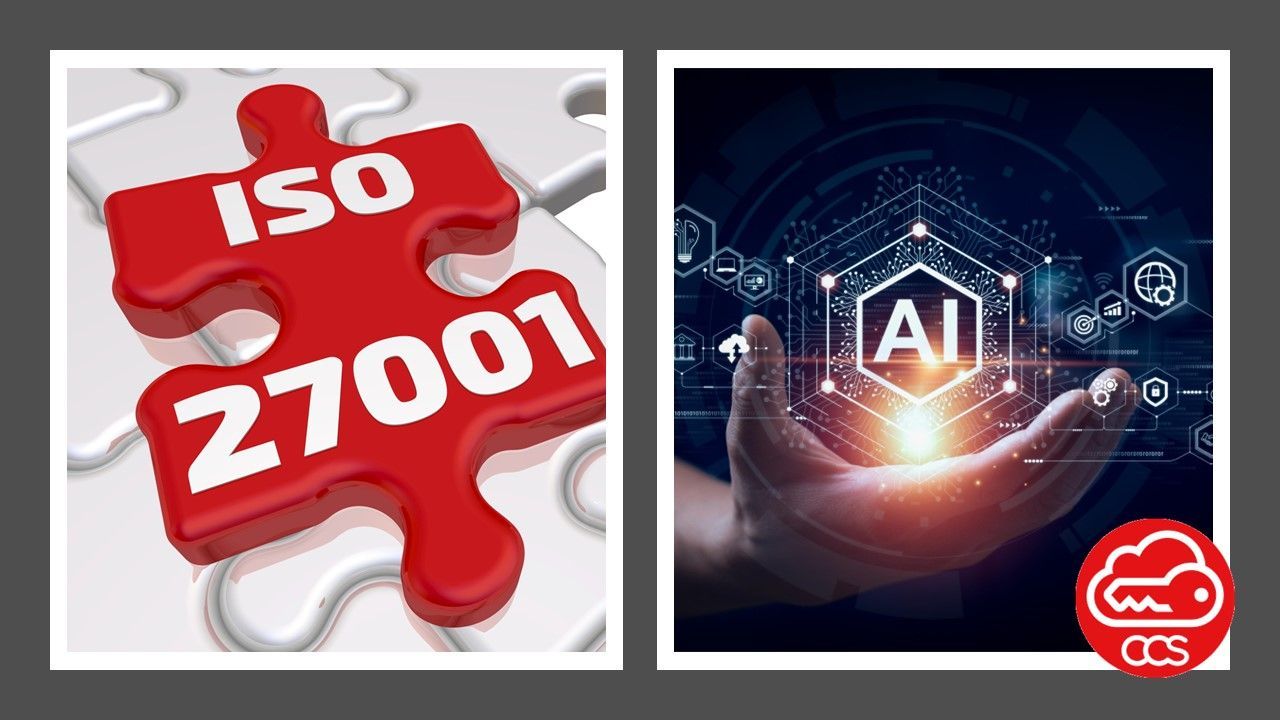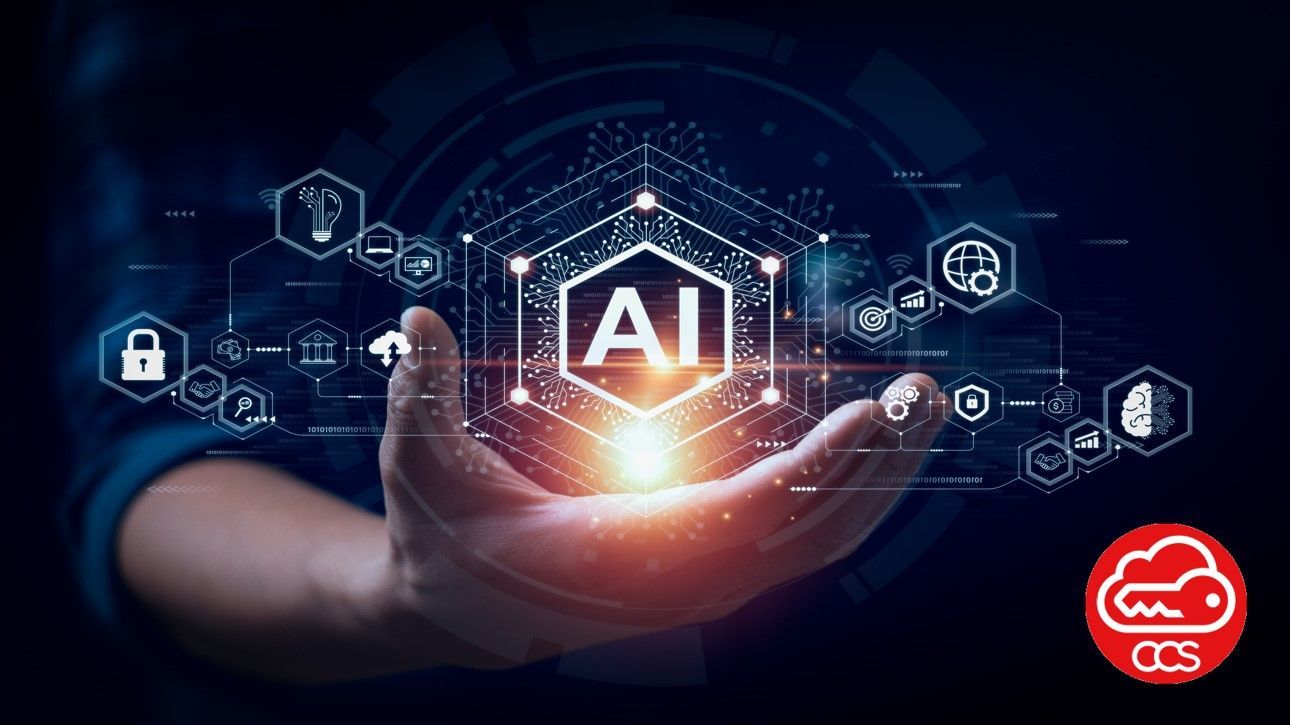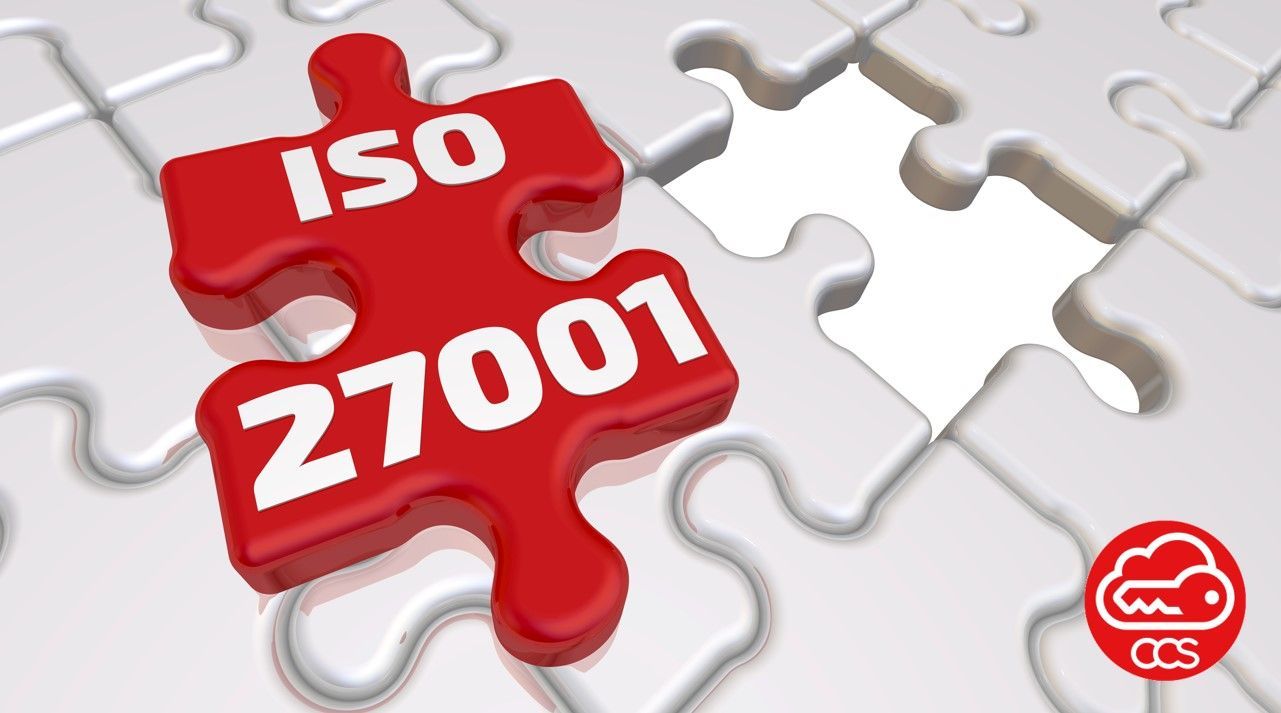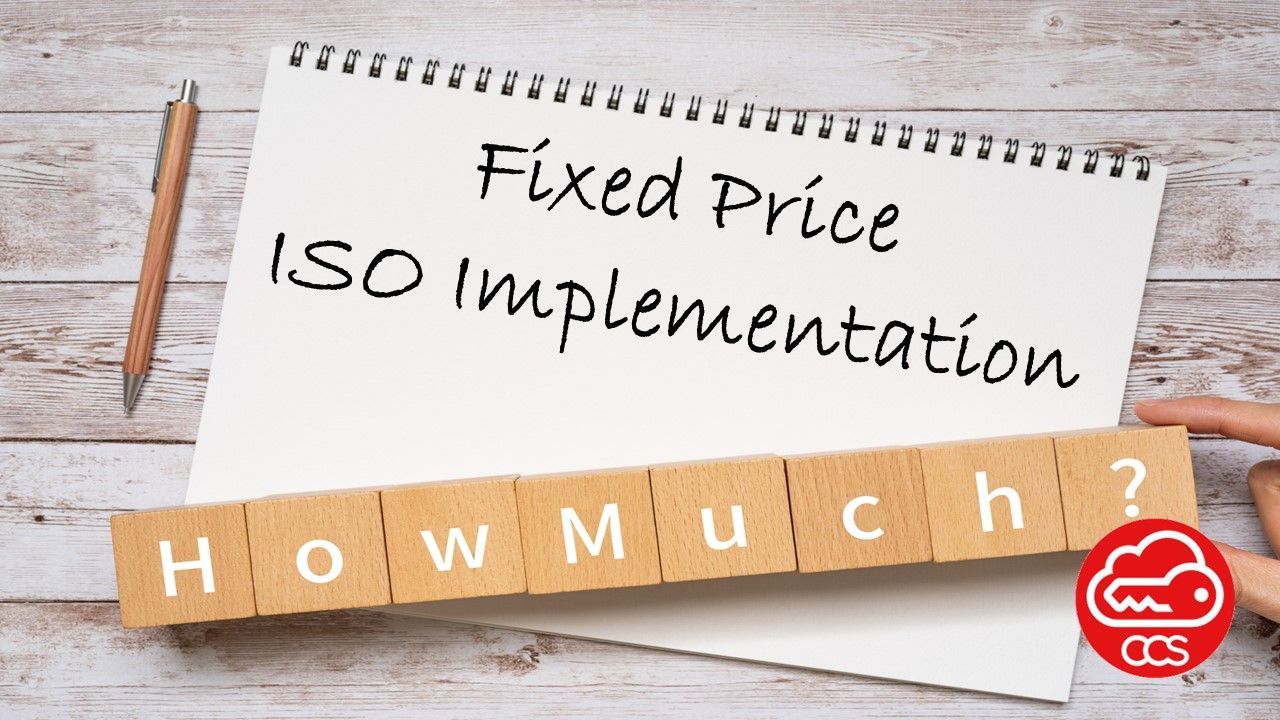Managing Security and AI: The Role of ISO 27001 & 42001
In the rapidly evolving digital landscape, organisations are increasingly reliant on information technology and artificial intelligence (AI) to drive innovation and maintain a competitive edge. As these technologies become more complex, the need for robust management systems to ensure the security and ethical use of information and AI systems grows significantly.
Two key international standards, ISO 27001:2022 and ISO 42001:2023, play crucial roles in this context, offering frameworks to manage information security and AI governance effectively.
ISO 27001:2022 - Information Security Management
ISO 27001:2022 is a globally recognised standard that provides a framework for establishing, implementing, maintaining, and continually improving an Information Security Management System (ISMS) within an organisation. This standard is essential for managing information security risks through systematic identification, assessment, and mitigation of these risks.
The 2022 revision of ISO 27001 has introduced several updates to keep pace with the evolving threat landscape and the growing significance of information security. Notably, the changes include updates to the Annex A controls, which outline best practices for managing information security risks comprehensively.
ISO 42001:2023 - Artificial Intelligence Management System
ISO 42001:2023 is a new standard that specifies requirements for establishing, implementing, maintaining, and continually improving an Artificial Intelligence Management System (AIMS) within organisations. This standard is particularly relevant for entities that provide or utilise AI-based products or services, ensuring the responsible development and use of AI systems.
ISO 42001:2023 addresses unique challenges associated with AI, such as bias, explainability, and transparency. It provides a structured framework for organisations to manage AI initiatives, mitigate associated risks, and ensure the reliability, fairness, and transparency of AI systems.
Complementary Roles of ISO 27001:2022 and ISO 42001:2023
While ISO 27001:2022 focuses on information security, ISO 42001:2023 addresses considerations specific to AI. Together, these standards play complementary roles in managing information security and AI within organisations, offering a comprehensive approach to risk management and ethical governance.
Information Security and AI
ISO 27001:2022 ensures the confidentiality, integrity, and availability of information, which is critical for protecting organisational data. Meanwhile, ISO 42001:2023 ensures the responsible development and use of AI systems, addressing issues like algorithmic bias and ensuring transparent decision-making processes. By implementing both standards, organisations can effectively manage risks associated with both information security and AI.
Risk Management
Both standards require organisations to conduct risk assessments and implement controls to mitigate identified risks. Aligning these risk management processes ensures that both information security and AI-related risks are adequately addressed. This comprehensive risk management approach helps organisations protect sensitive data while ensuring AI systems operate ethically and transparently.
Supplier Relationships
ISO 27001:2022 Annex A.15 focuses on managing supplier relationships concerning information security, ensuring that third-party interactions do not compromise the organisation's security posture. Similarly, ISO 42001:2023 Annex B.10 addresses third-party and customer relationships in the context of AI systems. By integrating these approaches, organisations can ensure that both information security and ethical considerations are addressed when engaging with external parties.
Organisational Structure and Resources
ISO 27001:2022 Annex A.7 focuses on human resource security within the scope of information security, outlining measures to ensure personnel are adequately trained and vetted. ISO 42001:2023 Annex B.4, on the other hand, addresses resources specific to AI systems, including the necessary skills and competencies. Organisations can align their structures and resource management processes to address both information security and AI-related considerations effectively.
In summary, ISO 27001:2022 and ISO 42001:2023 provide a synergistic framework for managing information security and AI governance within organisations. By implementing both standards, organisations can ensure the confidentiality, integrity, and availability of their information assets while also ensuring the responsible and ethical use of AI systems.
The combined application of these standards offers a comprehensive approach to managing technological and ethical challenges in the digital era, enabling organisations to leverage the benefits of advanced technologies while minimising associated risks and negative impacts.






